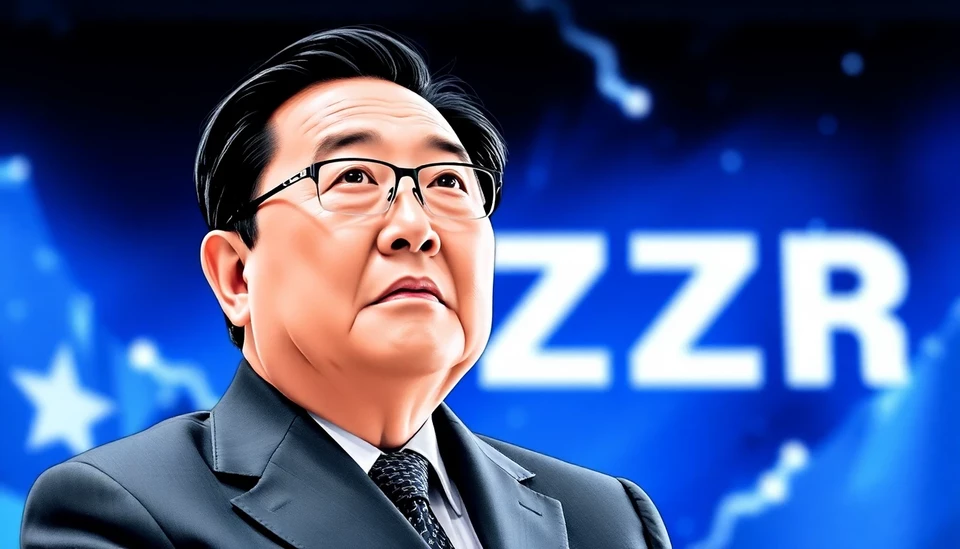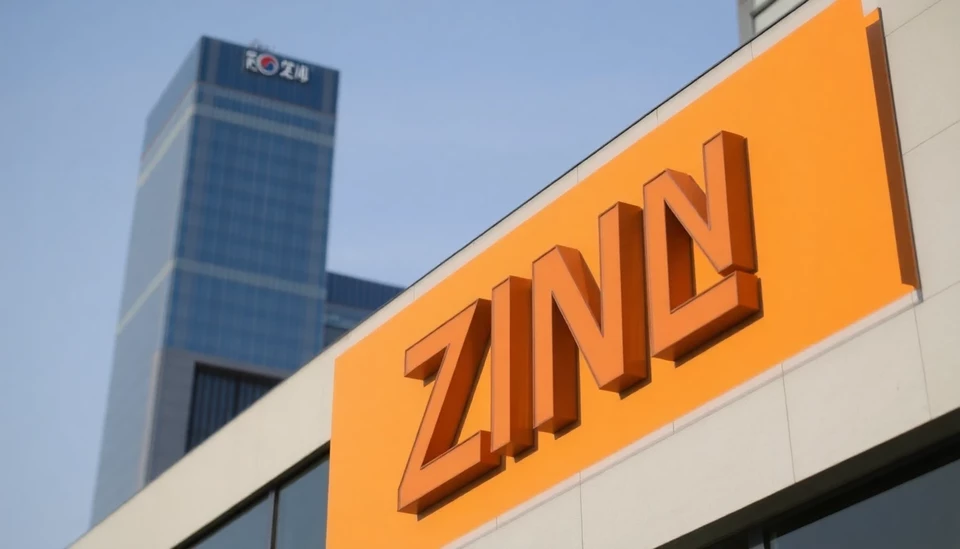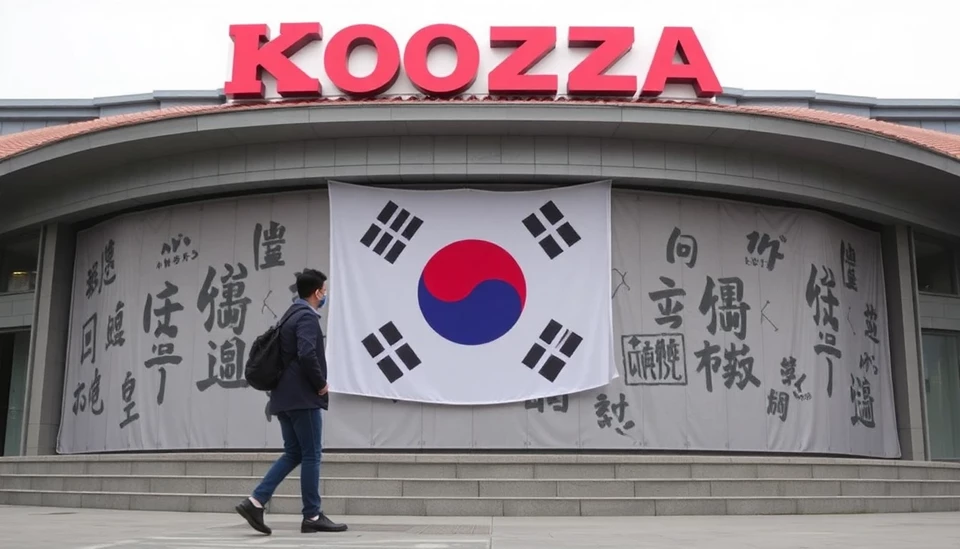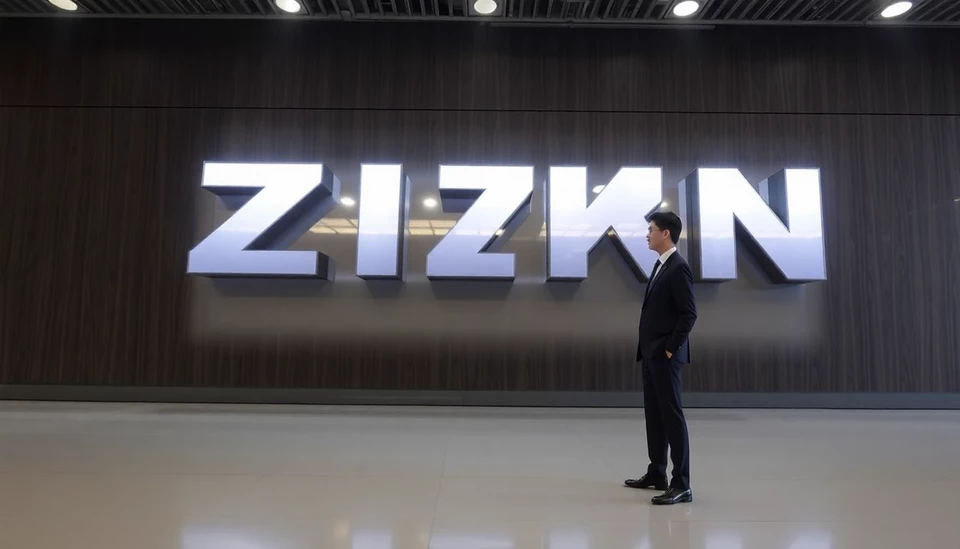
Recent developments surrounding Korea Zinc Co., one of South Korea's largest non-ferrous metal producers, have captured significant attention following a controversial share sale maneuver led by its lead shareholder, chairman, and tycoon, Lee Wan-koo. The saga began when Lee attempted to sell off a large portion of his shares, but the move did not unfold as seamlessly as he had anticipated, demonstrating significant ramifications for both the company and Lee's reign as chairman.
Reports indicate that the attempted share sale was met with considerable backlash, showcasing how the decisions made by corporate leaders can substantially impact market perceptions and investor confidence. What was supposed to be a strategic move aimed at raising capital quickly spiraled into a crisis, negatively affecting both share prices and investor trust.
In a bid to regain stability at Korea Zinc, Lee has since cast his focus upon solidifying his influence within the company, navigating the complexities of shareholder interests, and maintaining optimum operational effectiveness. Critics, however, argue that his mismanagement has already inflicted serious reputational damage, raising questions about his leadership capabilities amidst this challenging period.
Analysts predict that the ongoing struggle for control at Korea Zinc could have broader implications across the mining and metals sector in South Korea, particularly as the company grapples with fluctuating commodity prices and uncertain global market conditions. This subplot highlights the often volatile nature of corporate governance in the mining sector, where shareholder dynamics can be as unpredictable as the markets themselves.
Investors and industry watchers alike are keeping a close eye on how Lee will combat this adversity and whether he can restore not only his standing but also the company's financial health. The situation continues to evolve, as this debacle has unexpectedly transformed a corporate maneuver into a complex battleground for control at one of South Korea’s significant economic players.
As the stakes rise, observers are left to ponder if the effects of this managerial miscalculation will resonate in the long term or if Lee has the fortitude to navigate against these currents and steer Korea Zinc back towards stability and growth.
In summary, the missteps surrounding the share sale have not just been a minor setback for Lee but rather a significant test of his leadership and the overall resilience of Korea Zinc in the face of corporate challenges.
#KoreaZinc #ShareSale #CorporateGovernance #LeeWanKoo #SouthKorea #IndustrialLeadership #MarketConfidence
Author: Samuel Brooks




